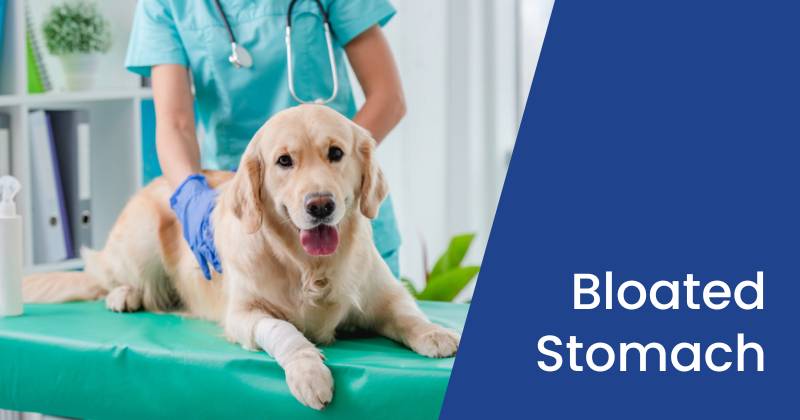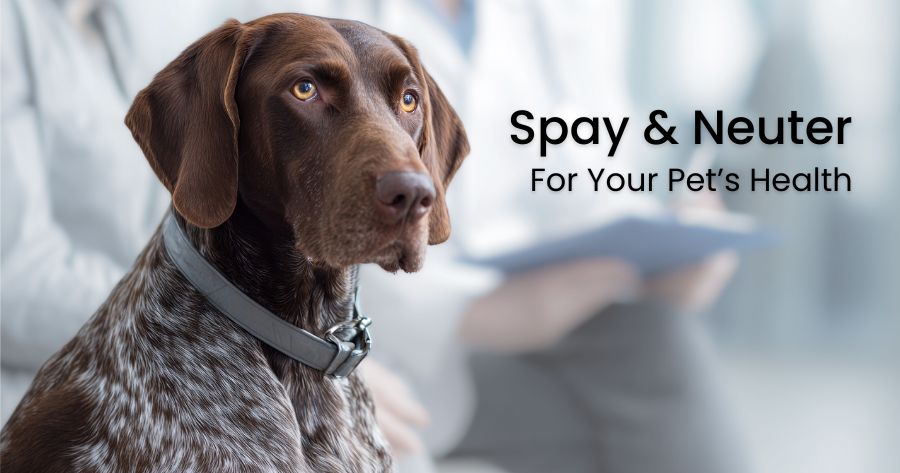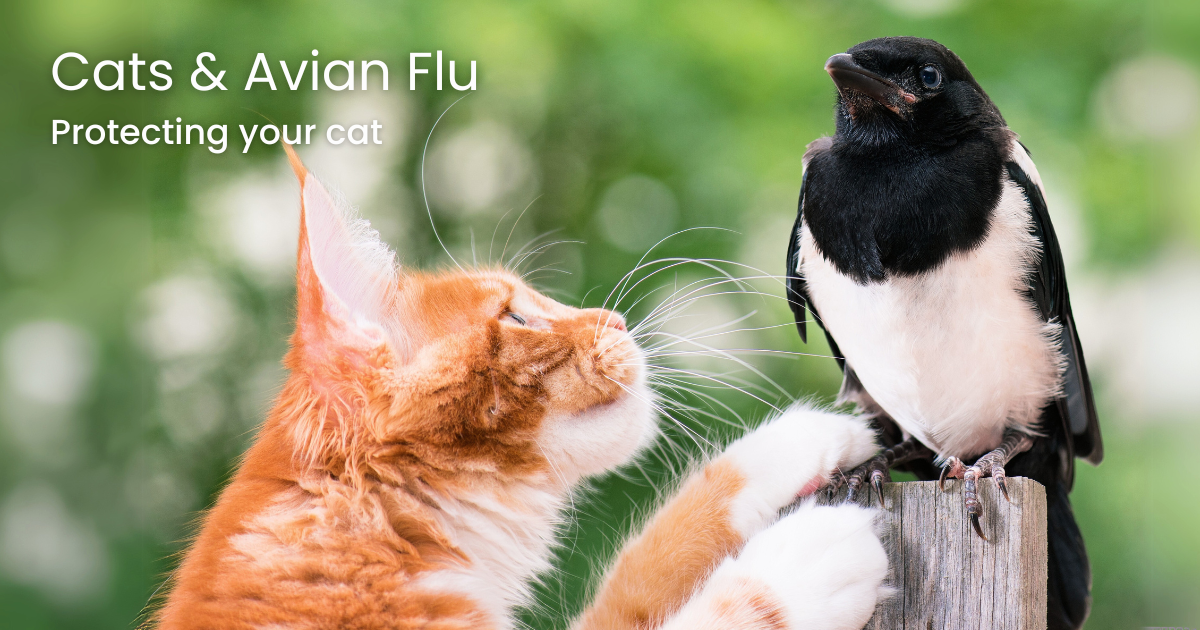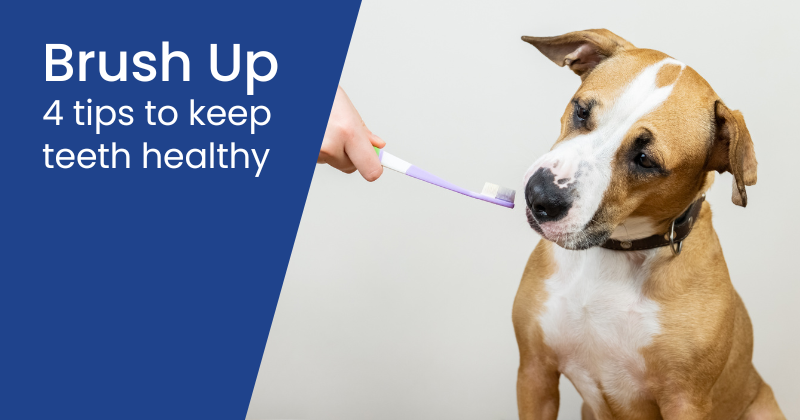
Seeing your dog with a bloated stomach can be unsettling, especially when you're unsure of what’s causing the issue. Bloat, or gastric dilatation-volvulus (GDV), can cause sudden discomfort and may become severe if not addressed promptly. As a pet owner, knowing what might trigger this condition and how to respond could be key to helping your dog recover. Whether your dog shows signs of restlessness, attempts to vomit without success, or has a swollen abdomen, taking quick action can help prevent further complications. For urgent care, call East Metro Animal Emergency Clinic at (678) 212-0300.
A bloated stomach in dogs often occurs due to GDV, where the stomach fills with gas and twists, cutting off blood flow. This condition is most common in large, deep-chested dogs, such as Great Danes and German Shepherds, though it can happen to any dog. While the exact cause isn’t always clear, several factors can increase the risk.
Some factors that may contribute to your dog developing a bloated stomach include:
Recognizing the signs of a bloated stomach in dogs is critical for seeking treatment early. The symptoms of GDV can progress rapidly, so acting quickly could be the difference between life and death for your pet.
Some common signs of bloating include:
If you notice any of these symptoms, seek veterinary care immediately. East Metro Animal Emergency Clinic in Covington, GA, is available to help. Call (678) 212-0300 if your dog is showing signs of bloating.
A bloated stomach in dogs is a veterinary emergency, particularly if the bloating is due to GDV. Without prompt treatment, this condition can lead to severe complications, including shock, organ failure, and death.
If GDV is left untreated, it can quickly escalate. Here are some of the dangers associated with this condition:
Prompt treatment, including emergency surgery to untwist the stomach and relieve gas buildup, is the best way to save your dog’s life.
When you bring your dog to the vet for a bloated stomach, the first step is usually stabilizing your pet. This may include fluids to combat shock and oxygen therapy if your dog is having trouble breathing. Once stabilized, your veterinarian will evaluate the need for surgery.
In most cases of GDV, surgery is required to untwist the stomach and prevent further complications. During the surgery:
Dogs recovering from GDV surgery will require time to heal, and your vet may recommend a specific diet and feeding routine to prevent future incidents. Recovery can take several weeks, and your dog will need rest and limited activity during this time.
While GDV can’t always be prevented, there are several steps you can take to reduce the risk of your dog developing a bloated stomach. Preventative care is especially important if you own a large or deep-chested breed prone to this condition. Here are some ways to help lower the chances of your dog experiencing bloating:
It’s important to know when to contact a vet if you suspect your dog has a bloated stomach. If you notice any signs of bloating, particularly the symptoms associated with GDV, you should reach out to a veterinarian immediately. Time is of the essence with this condition, and early intervention can save your pet’s life. At East Metro Animal Emergency Clinic in Covington, GA, our experienced team is ready to assist if your dog is experiencing a bloated stomach. Call us at (678) 212-0300 for immediate guidance or to bring your pet in for emergency care.


